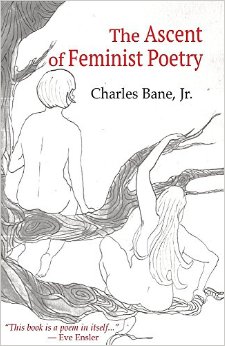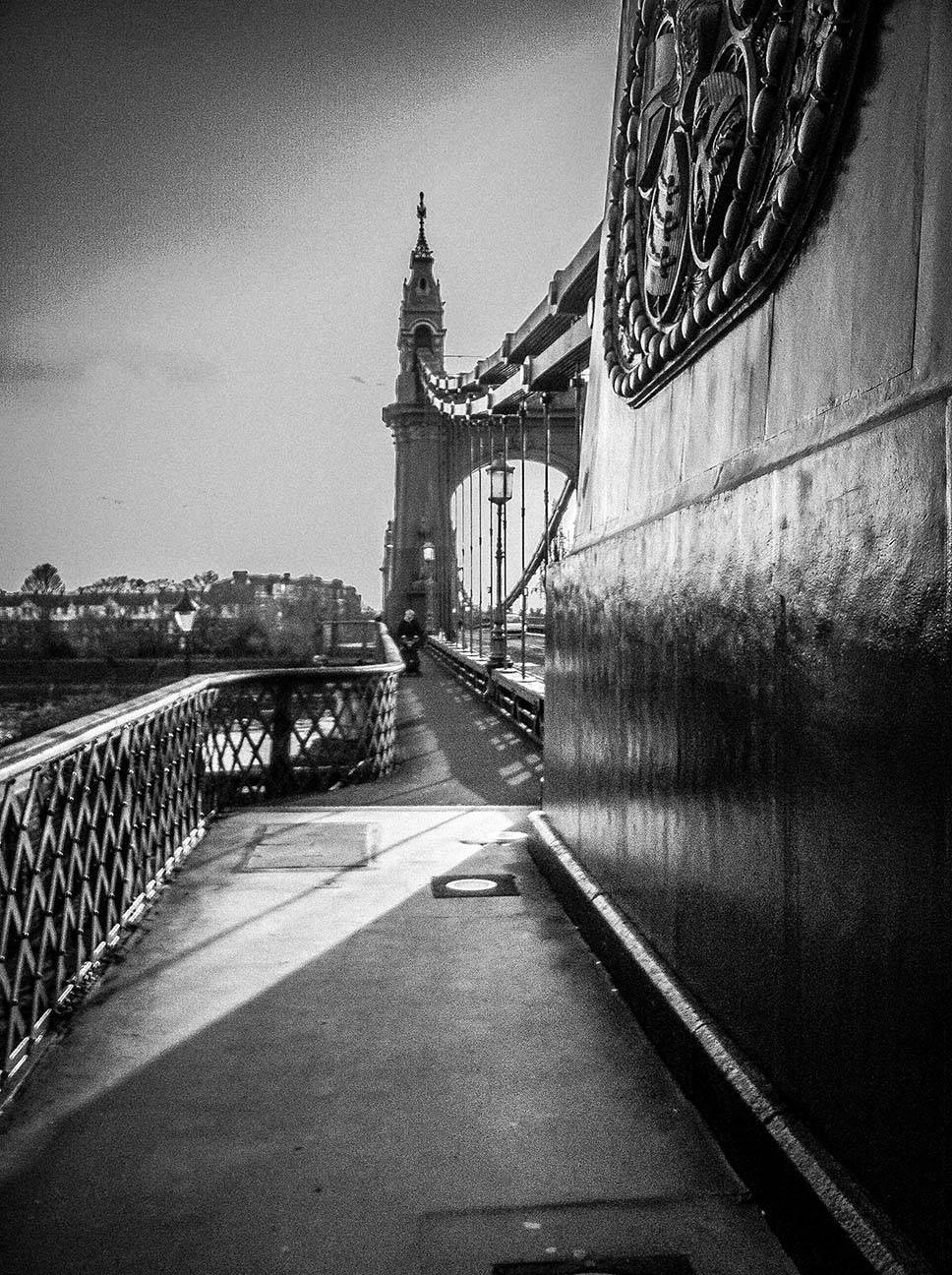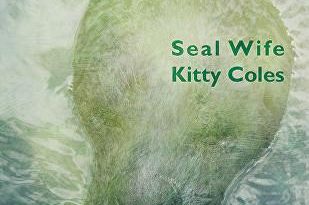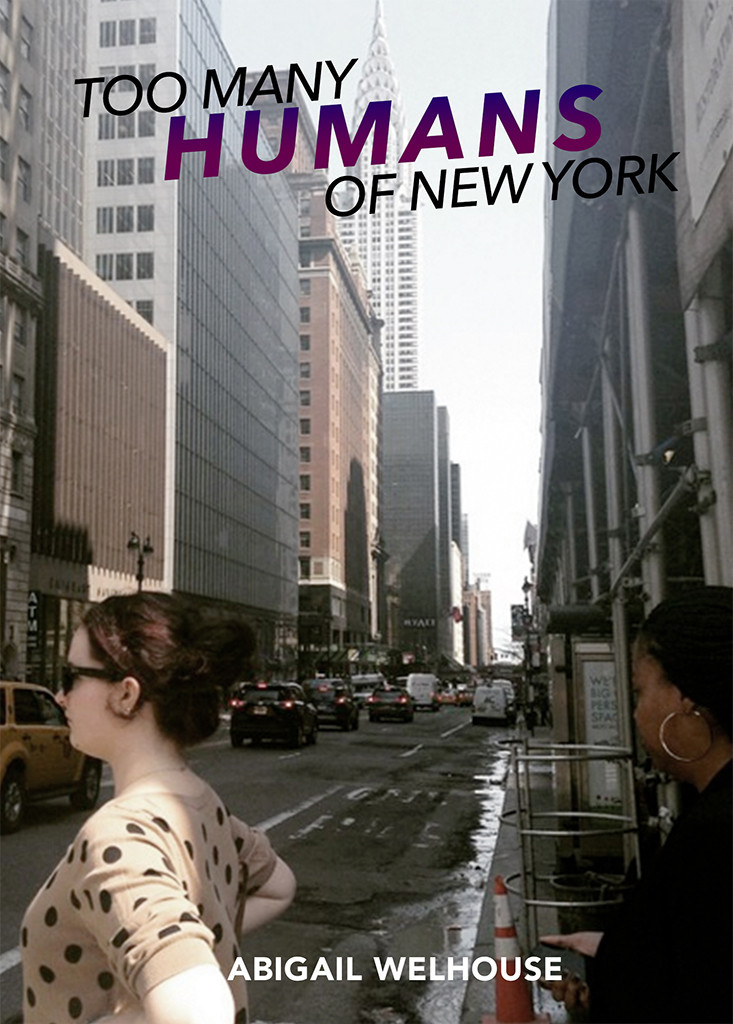The Ascent of Feminist Poetry by Charles Bane Jr
– Reviewed by Charlie Baylis –
In The Ascent of Feminist Poetry Charles Bane Jr. presents a spirited argument that we are living in a golden age of feminist poetry, a golden age that has gone under the radar as “Americans no longer read contemporary poetry” (we can safely substitute Americans for the whole world). This is a pity for feminist poets, a pity for those interested in feminist poetry and a pity for everyone else (though they will remain blissfully unaware of their loss).
There can be no argument with Charles Bane Jr.’s premise: nobody wants a brilliant generation of writers “whose gifts are dominating contemporary letters” to go unnoticed. Feminist poets deserve their time in the sun. However, there is a slight problem with the term “feminist poetry”, as Bane Jr. leaves it undefined. What is “feminist poetry”? Is it simply poetry by feminists? Is it poetry by women? Is it poetry that addresses feminism? Can men write feminist poetry? The poems included are all by women, and most (but not all) speak of a specifically female experience, so I imagine that Bane Jr. is using the term “feminist poetry” to refer to poetry with some feminist content, although sometimes I think he’s referring to female poets in general.
Bane Jr. explains that (in America) “only Farrar, Straus And Giroux among major publishing houses remains interested in poets”. This is hardly a revelation; as good as she is, a young poet like A. K. Blakemore is not going to sell as many copies as J. K. Rowling, whether her first initial stands for Andrew or Amy. The problem of poetry’s modest market share is something both male and female poets have to come to terms with. At least we can delight in having a (possibly) female author in the biggest selling book of all time (that’s the author of Genesis, not the author of Harry Potter, as according to Harold Bloom, the first book of the Bible was written by a woman). Furthermore, poetry safely removed from the corrupting influence of the mainstream might actually be a good thing. Hopefully those that pursue poetry are in it for pure reasons. There will never be a Simon Cowell figure popping up at a poetry event near you. I’m sure that is a reason to be cheerful.
No one wants to read poetry, as Bane Jr. informs us: “a recent CNN poll noted that only 7% of Americans had read a poem in the last year”. That figure is really quite shocking, 93% of people did not read a single poem over 365 days. More fool them. Some commentators point the blame for poetry’s insignificance at the poets themselves: according to Jeremy Paxman, poetry has “connived at its own irrelevance” and poets should “aim to engage with ordinary people much more”. Personally, I’m not interested in the art of the ordinary. Irrespective of who or what it is written for, it is the quality of the art that is relevant, not how many copies it sells.
Pushed away from the mainstream, feminist poets have triumphed in more accessible spaces, such as small presses, and the internet. There can be no underestimating the importance of these mediums to contemporary poetry. Small presses take on projects that the mainstream press wouldn’t risk. They are run by enthusiasts who have a love for poetry, often missing in the dusty subdivisions of big publishing houses. Good small presses break boundaries, challenge readers and reshape the creative dialogue. The internet is, according to Bane Jr., “many things, but its extraordinary, all encompassing power is on display at any mall where young people walk with their faces glued to iphones”. When harnessed well, the internet can be a wonderful arena for poetry and for poets. The chance to make acquaintances with some like minded writers from around the world is only just a tweet away.
The poetry included is all of a high quality. The poems are interwoven into the text and are used to support arguments, to highlight points or to keep a particular discussion running. There are poems from Ariana Nadia Nash, Brenda Hillman, Sarah Bartlett, J. Matelot, Amy Gerstler, Claudia Rankine, Franny Choi and Jamila Woods, all of which have their own individual merits; however, I’m not completely confident in categorising this poetry as ‘feminist poetry’. Should we label Frank O’Hara, Walt Whitman and Allen Ginsberg’s work as ‘homosexual poetry’? Bane Jr. could have spent a little more time explaining what he meant, but perhaps he felt it unnecessary.
As Bane Jr. emphatically reminds us, “every achievement is a victory”: female voices have broken many barriers over the past few centuries. Overall Bane’s essay is written in a quirky, engaging style and was an enjoyable read. For the future, let’s remain optimistic: hopefully history will balance the books and give each artist their due share of love and glory.





